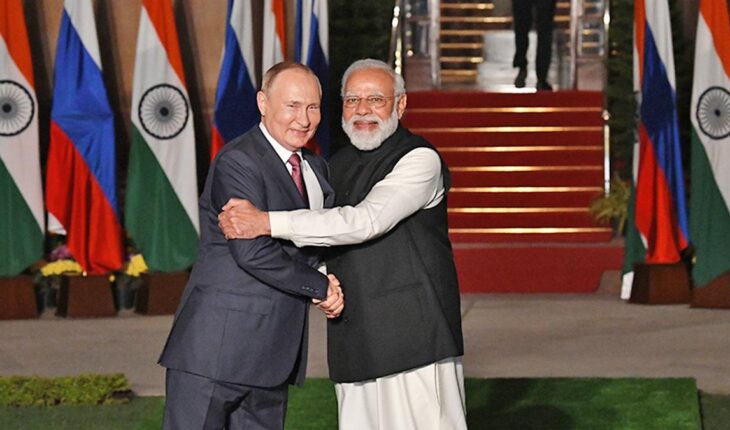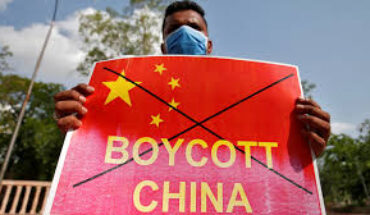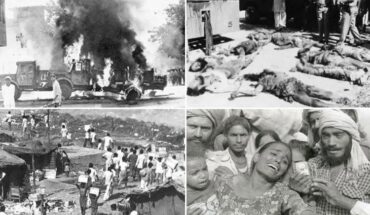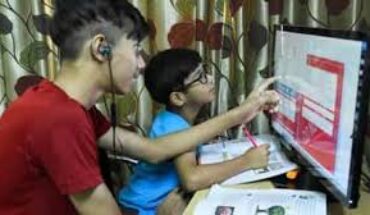Prime Minister Narendra Modi’s visit to Moscow on Monday underscores the enduring strength and strategic significance of the India-Russia partnership, as he partakes in the 22nd India-Russia Annual Summit. By selecting Russia for his first bilateral visit in his third tenure, Modi signals a departure from the tradition of Indian Prime Ministers choosing neighboring countries for their initial standalone visits, highlighting the pivotal role Russia plays in India’s foreign policy. This summit marks the first meeting between Modi and Russian President Vladimir Putin since the onset of the Ukraine conflict. Their last face-to-face was in December 2021 in Delhi, preceding Putin’s initiation of “special operations” in Ukraine. Since then, their interactions have been limited, with a notable exchange at the SCO summit in Uzbekistan where Modi emphasized that it was not an “era of war.” The summit agenda includes crucial discussions on bilateral trade, energy cooperation, space projects like Gaganyaan, and defense supplies, which have seen a downturn but remain significant. Additionally, the war’s ramifications on global security, food, fuel, and fertilizer shortages, and its impact on defense deliveries and payment issues from Russia will be key topics. The recruitment of Indians by the Russian army is another matter of concern for New Delhi. Modi’s Moscow visit also sends a geopolitical message contrasting with the NATO summit in Washington. There, President Biden will host NATO leaders, marking its 75th anniversary, with a focus on demonstrating Russia’s isolation. Modi has balanced India’s stance by engaging with the G-7 summit outreach in Italy, meeting Ukrainian President Zelenskyy, and dispatching an official delegation to the Peace Conference in Switzerland. India’s approach reflects its traditional ties with Russia, rooted in the 1971 Soviet Union Peace and Friendship treaty, and its policy of not condemning the Ukraine war at the UN.
Modi’s visit may give a boost to India-Russia ties
Published Date: 13-07-2024 | 1:00 am





